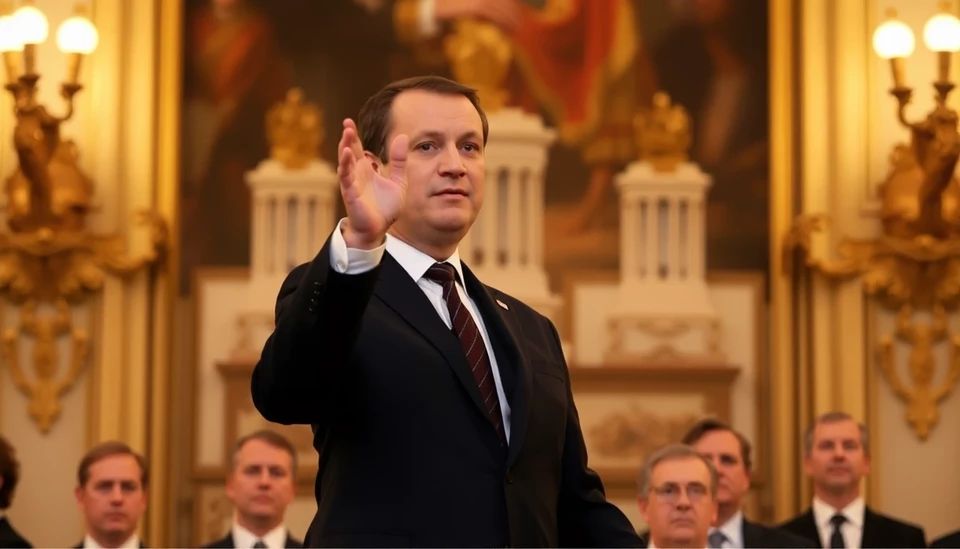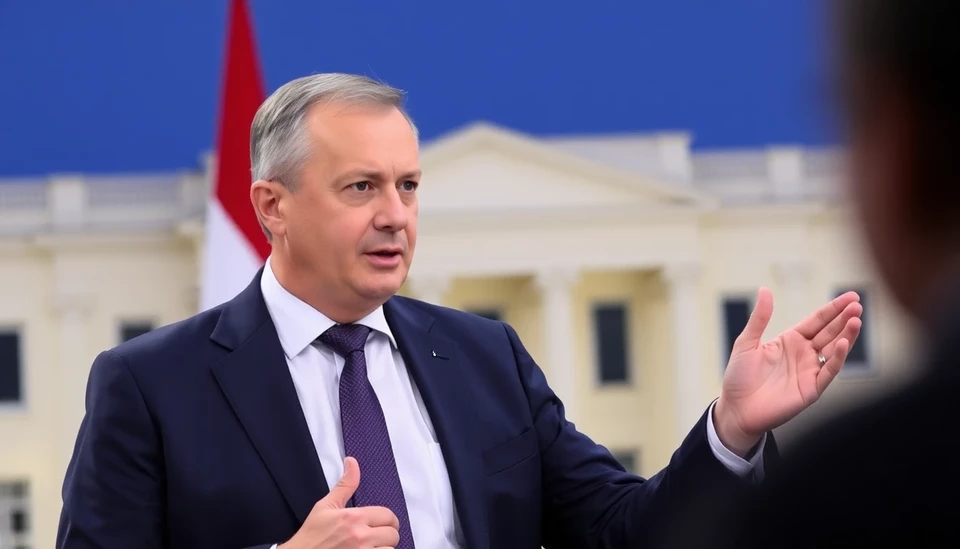
In a complex economic landscape, Hungarian Prime Minister Viktor Orban is confronting significant challenges brought on by a weakening forint and a sluggish economy. The Hungarian currency has experienced notable depreciation, making it one of Europe’s poorer performers this year. This trend poses serious questions for Orban's government as it attempts to balance fiscal stability with political pressures and public expectations.
The current economic environment is troubling for Hungary, as inflation continues to rise, further exacerbating the situation. The country's economic performance has lagged behind its regional partners, raising concerns among economists and policymakers alike. With Hungary's inflation rate remaining stubbornly high, the government finds itself under increasing scrutiny regarding its handling of economic policies.
Experts suggest that the weak forint is primarily attributed to several factors, including high inflation rates and external economic pressures. As the currency's value declines, the purchasing power of ordinary Hungarians diminishes, creating a ripple effect across various sectors. This has led to heightened public discontent, which places additional pressure on Orban's administration to implement effective measures to stabilize the economy.
Orban's government is faced with the dilemma of whether to intervene actively in currency markets to support the forint or to allow it to find its natural market level, which could lead to further devaluation. Each approach carries potential risks and rewards; intervening could stabilize the currency in the short term but might drain foreign exchange reserves, while allowing the currency to weaken could dampen investor confidence and lead to even higher inflation.
Moreover, Hungary's economic policies have often been characterized by centralization and populism, with significant state control over various sectors. This approach has attracted criticism both domestically and from the European Union, which has questioned Hungary's adherence to EU fiscal standards. As Orban navigates these contentious waters, he must weigh the economic ramifications of his actions against the needs and demands of his constituents.
The opposition parties are seizing the moment to challenge Orban’s governance, arguing that his policies have been detrimental to the economy. They are calling for more transparency and effective economic reforms. The political landscape continues to shift as public sentiment grows increasingly critical of the government’s handling of the economy.
In summary, as Hungary grapples with the implications of a weak forint and a fragile economy, Prime Minister Viktor Orban faces a precarious balancing act. His decisions in the coming months will be critical in shaping the future of Hungary’s economic stability and may ultimately determine his political fate as well.
#Hungary #ViktorOrban #WeakForint #Economy #Inflation #EconomicPolicies #PoliticalPressures #CurrencyMarket
Author: Laura Mitchell




